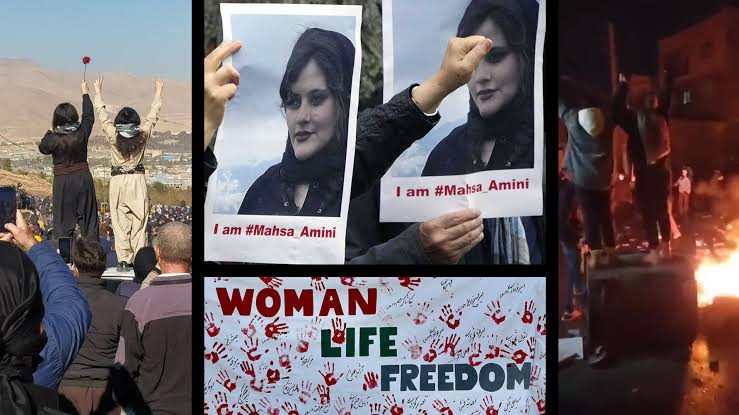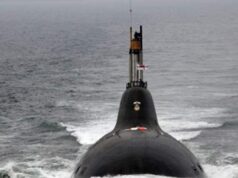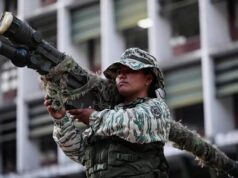EP 13 – Iran As I Knew It : Zahedan – Life goes on

Zahedan was the Capital of Sistan and Balochistan province. The region was arid land with chronic water shortage. However some water was always available in deep wells for domestic purposes. There were no electrical water pumps those days and therefore, water had to be drawn up by hand pumps which could be laborious and tiring……typically, the hand pumps had longer handle for ease of pumping.
Invariably when I thought of India, I used to wonder the beauty of our country where water and other resources were in abundance. It was heavenly compared to this place.
It was said that the name of Zahedan originally was Dusd e Aab…..Meaning Thief of Water which explains that water was such a prized commodity. However, the rulers changed this local name of the town to Zahedan very long ago. People didn’t wash their clothes at home due to water shortage and used to carry a bag with washable clothes to the local laundry.
When the first winter set in our mom carried out the washing of woollens at home using petrol (it was called Benzene locally). Petrol was the cheapest commodity those days in Iran.
One fine Sunday morning mom and Gullu Baloch set about washing the woollens. Gullu Baloch brought two Jerricans of petrol from a near by petrol pump and poured it in a large tub. Since petrol evaporates very fast, he was in full action.. dipping, scrubbing and squeezing the woollens dry. After this job only about a quarter, that’s about ten litres of dirtied petrol remained which was thrown down the drain. In an hour all woollens were removed from the cloth line after they were dried in the sun.
Having a bath at home was a luxury only few could afford and we were lucky that way because Gullu Baloch never let the buckets remain empty in the bathroom. For bathing, the locals use to visit the local ” Hamaam “.This facility provided hot water fit for bathing and there the staff also used to scrub the visitor hard using a special stone scrubber in a hot steamed room. One felt very nice and relaxed after Hamaam bath and it left the skin absolutely clean and glowing. There were many of these Hamaams offering services at different prices….Women had separate Hamaams.
Green vegetables were not seen in the market though sometimes some hard varieties of vegetables which could survive the long distances of supply were seen and quickly snapped on arrival in the market. Though later on, the scene changed. There was a Pakistan Railway train which used to ply weekly between Quetta in Pakistan and Zahedan.
This train started bringing green vegetables from Pakistan. We were the privileged group who could buy these from the train even before the general public could have access to these items. The Mission car would do the trip on the train days and bring the vegetables for the entire mission staff….. this way life became a little easier.
There were also a few farmers living outside Zahedan town, who grew some local vegetables for a few months when the cool season permitted.
Now we had started going to our school without Gullu Baloch as we were fairly acquainted about the town and could speak enough Persian for our requirements like shopping for sweets and fruits etc from a shop. Sis and me would get 2 Rials each as pocket money for the day in the morning while leaving for school.
On the way to school, there was a dry fruit shop and we used to give our 2 Rials to the shopkeeper for the mixed dry fruits that our pocket money could buy. The shopkeeper (God bless him) was a good natured middle aged Iranian and used to welcome us with a big smile. He would then scoop up the dry fruits and push it down our trouser pockets till these were bulging and full. We used to enjoy the walk to the school while munching the dry fruits all the way to our classrooms.
Our serious teaching used to be at home once dad was home by about 4 pm and start teaching us English grammar, poems, arithmetic Sanskrit and later on Persian script so that we could read the sign boards on the road and sanskrit was important to understand our scriptures.I can still read Persian, in fact this script which is common to Urdu came very handy for me in 1971 Indo pak war as I could read Urdu sign boards easily.
Our daily routine was almost the same day after day.
Up in the morning, the school till 12pm, back home followed by lunch and some rest… there used to about two hours for my activities in the afternoon before dad came at 4 pm. Usually Gullu Baloch and me used to loiter around practicing our sling shot skills or go on some ” Adventure ” like climbing the roof top of our mission building and shooting high flying birds.
After our dad’s coaching class we used to go for long evening walk to the nearby hills with dad and buy groceries etc on return and get some freshly baked nans for dinner….nobody cooked chapatis except rice…nan was always on the table.
We always went out with dad only as mom was a home bird, always busy with house chores. Apart from the almost daily long evening walks, on somedays dad would take us to the central park for ice creams and meet some of our friends.
Social life was very limited…pot luck amongst mission staff, some travellers dropping at home passing through Zahedan, either from Europe bound for India or vice versa…Tuesday was Mandir day where my mom used to go enthusiastically…so was the Sunday morning Gurudwara…where the local Indian community used to interact
A times some important local dignitaries used to drop in especially the Director of Radio Iran, Mr Zakariya whose family used to love Indian food. They met an Indian architecture student from India was who our guest for few days on his way to Paris. Zakariya’s college going daughter was totally smitten by him…that’s an interesting long story for another day.
Sometimes even the Pakistani Mission head used to drop in with his family….his wife happened to be from my dad’s hometown back in pre partition days and they hit it off together very well…relationships with Pakistan those days were friendly and cordial.
Sometimes few foreign travellers also dropped in for Indian visa at the mission and ended up having dinner with us later and told us their interesting tales. Evenings were never dull and there was always some activity going on.
Another interesting activity for us was to go and watch the boys training as wrestlers I’m Zahedan. Almost every street had a wrestlers training academy called ” warzish gah ” (place of exercise,) where there used to be drummers loudly singing odes to the mythological great Rustam and Sohrab, father son warriors. The wrestlers used to do difficult exercises with full motivation.
There used to be seats for children and elders to watch their performance, strength and art of wrestling and also encouraging them. It is due to this institution in almost every street, Iran produced world class wrestlers and was reigning world champion in wrestling in 70s. Nearly most of the Young men participated in physical training actively and we never saw them loitering around or gossiping.
I stayed in Iran till end of 1962 When the Chinese attacked India. The US began sending emergency aid to India by aircrafts…..we used to watch these planes flying over Zahedan to India.One day dad told me that he was sending me back to India shortly for better education.
I was to go back to India via Pakistan by on the the weekly Zahedan – Quetta train of the Pakistan railway and then travel further to Lahore and enter India via Atari to Amritsar and onwards to Delhi.
In Zahedan there were other interesting stories like a family of 76 kids and the mythological legends of Rustam and Sohrab which I will cover separately in follow-up episodes.




